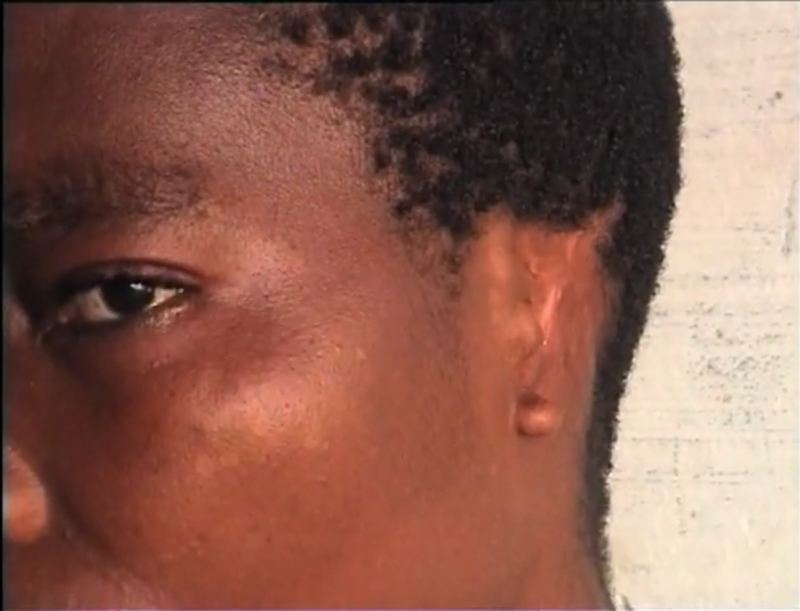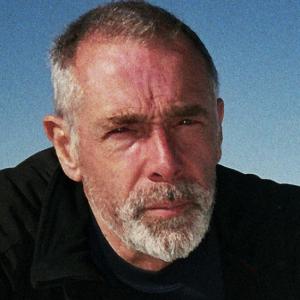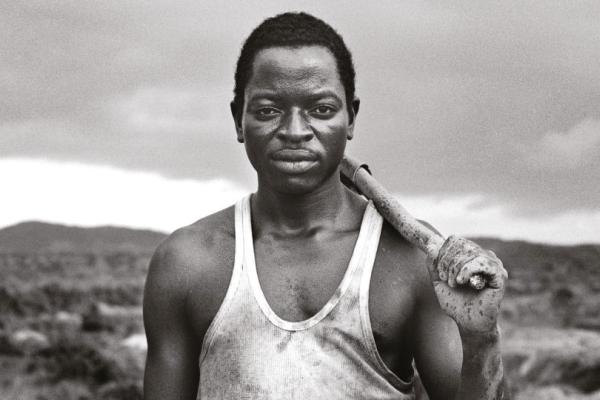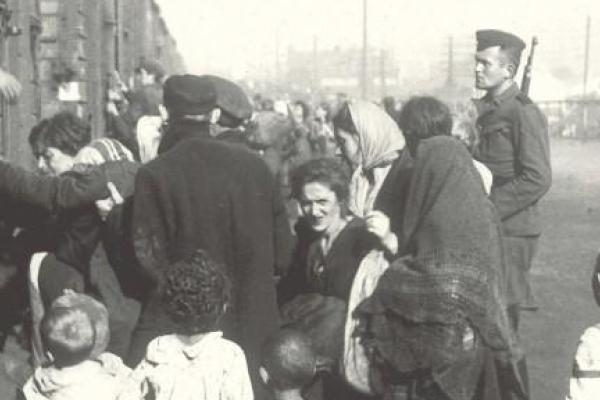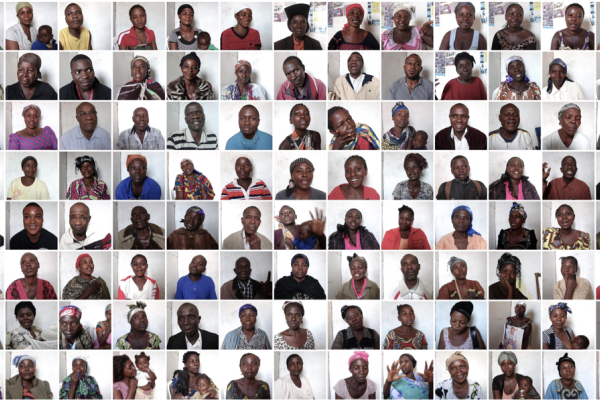Eastern Congo is occupied; soldiers from Uganda, Rwanda and Burundi, together with local allies, maintain a climate of terror. The population hates the occupiers because of a series of massacres and deportations of civilians.
There has been open resistance since the beginning of 2000. There have already been a number of 'ville morte' actions, the first in early February in Bukavu, explicitly against the heavy war taxes. The Mayi-Mayi form the core of the armed resistance.
The Mayi-Mayi do not have a unified political programme, they appeal to the nation, but among the so-called communiqués there have been ethnicist hate pamphlets against the 'Tutsi-Nilots'. On more than one occasion they have been linked to gangs of extremist Hutus from Rwanda or Burundi who are making the region unsafe.
According to Bob Kabamba of the University of Liège, there are three Mayi-Mayi tribes: the young armed Batiri and Katuki in South Kivu and the Bangilima in North Kivu. What they have in common, says Kabamba, is their belief in a 'potion magique', a magic potion that makes them invulnerable.
They are said to be led by a high command, but this may be pure bluff. Padiri, a historical leader, appears to live only in his house in Bukavu and receives visitors there. Sebastien Lwesha, chief of staff of the Congolese government army since September 1999, has sometimes been misrepresented as a Mayi-Mayi general.
There are more than enough questions about the Mayi-Mayi. I have to find the answers on the ground, in the hills of South Kivu and in the neighbourhoods of towns like Bukavu and Uvira.
Those who fear that Congo Maquis will be a bravura book of jungle stories can be reassured: it will be a book about war. The Mayi-Mayi are the fat juggernaut; around them is the meagre fabric of hunger, terror and destruction in eastern Congo. This is the crux of a highly complex conflict that has been dubbed 'Africa's First World War' by Madeleine Albright, but has been shamefully under-reported.
